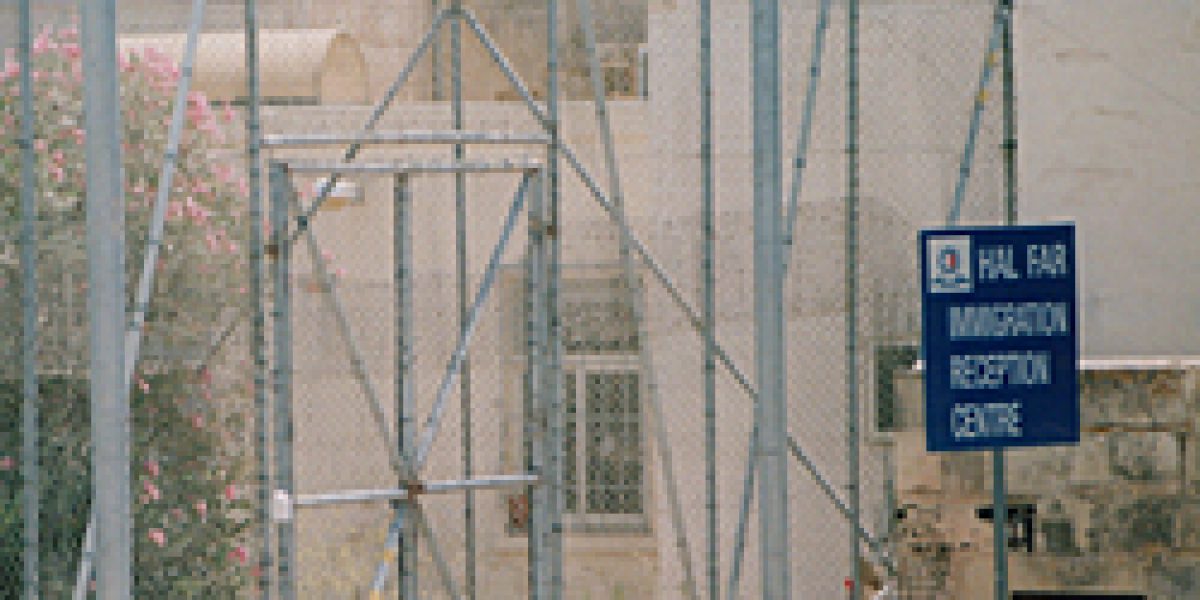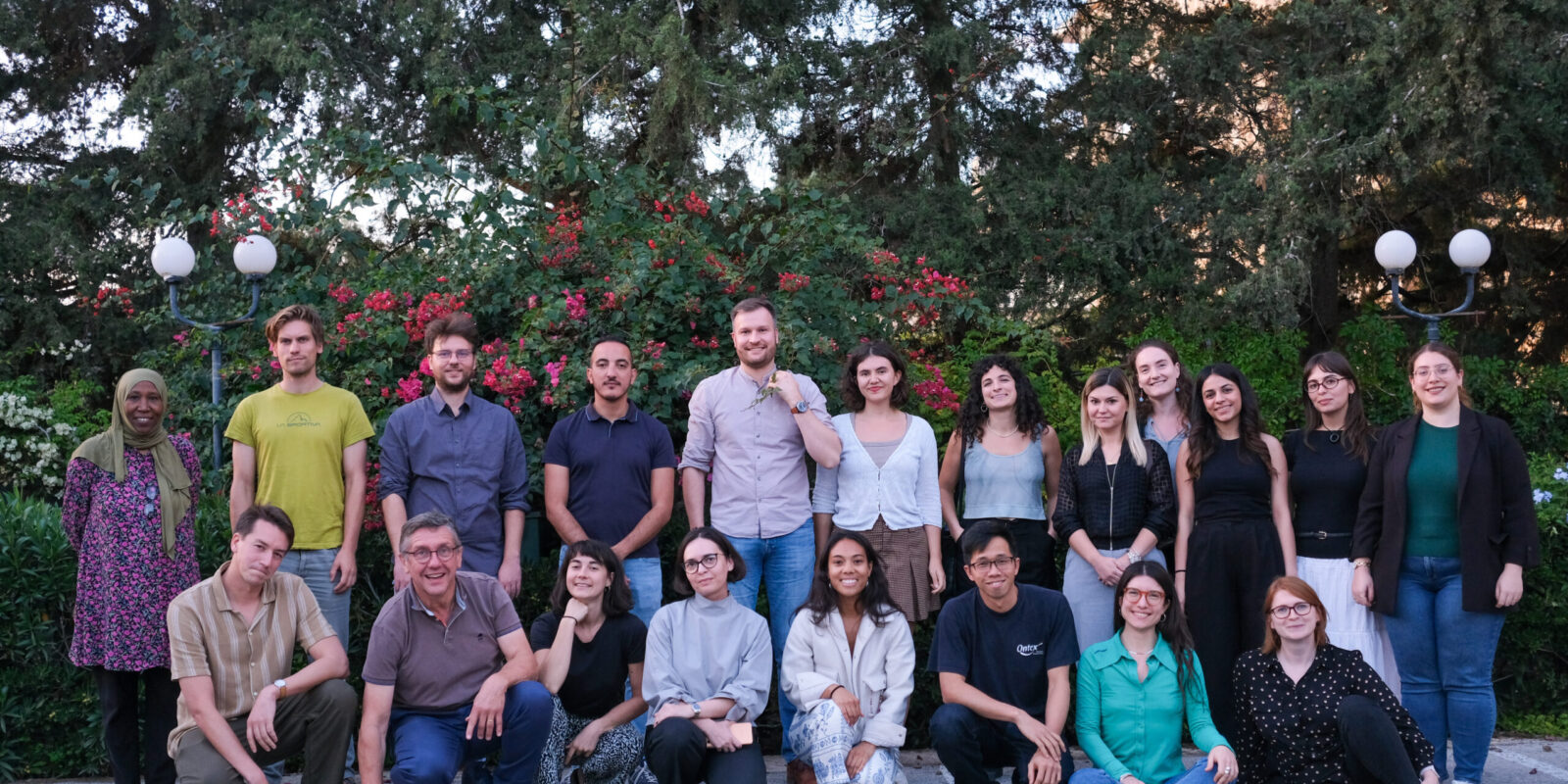
Voices on World Refugee Day
– Jean, rejected asylum seeker with an irregular stay from the Democratic Republic of Congo, 37 years old –
Jean1 left Kinshasa in 2002, leaving his wife and two children of 10 and 12 years old behind. Jean has a degree in Communications and he worked as a journalist in the Democratic Republic of Congo (DRC). His reporting activities about the events in the DRC led to his life being threatened and eventually forced him to flee the country.
He first stayed in Libya, but, as a black Christian, he encountered major difficulties; he was detained and treated with brutality. After his release from detention, he had no other choice than to flee to another country. Jean described: “I travelled for three days by boat on the Mediterranean Sea to get to Europe, which was one of my worst experiences ever.”
Upon his arrival in Malta in 2004, Jean was served with a removal order and immediately detained. He applied for asylum shortly after arrival and the effects of his removal order were consequently suspended. The authorities twice rejected his asylum claim and he therefore spent a total of 18 months in detention. Jean describes his stay in the detention centre as one of the most awful experiences of his life. He did not understand why the authorities needed to detain him. After his release, Jean received a document acknowledging his presence on Maltese territory for a maximum of three months. He is legally bound to present himself to the authorities at the end of the three months.
Jean first lived for a period of time in an open centre, known as Tent Village, in Hal Far, a remote area in the south of Malta. Jean describes this centre as very demoralising and distressing. Furthermore, he also complained about the living conditions: he lived in a military tent with 30 other people in a remote area. According to Jean, the centre and his tent were overcrowded, leaving him no personal space or privacy. Eating and sleeping: everything happens in this single tent. It is filled with rows of bunk beds in between which people cook their meals.
“Being placed in open centres means that other people think that this is good enough for you. This lowers your self-esteem… There would not be a place like that in Malta for Maltese people. In fact, the open centre is the last place you want to live in”, he adds.
To be able to leave the centre, Jean looked for employment in the informal labour market. At the time of the interview, Jean was renting a flat on his own. If he pays his own way, he thinks Maltese people will respect him more.
Occasionally, Jean works for building contractors carrying stones, hard work for low pay. Normally these jobs do not last more than a week. But, unfortunately, he has been unable to find any more secure employment.
Jean says: “I can’t stand up for my rights. So I accept the money they give me without complaining.”
He never knows when he will have another job, so he tries to spend as little money as possible. Jean thinks a lot about the things he could do if he could obtain legal status. He could try to find work in a position relevant to his qualifications. Without any real social contacts, he feels isolated.
As he says, “I have no future. I try to live in peace, try to forget that I don’t have papers. I try to be happy. My biggest problem is that I’m not who I used to be. I can’t do what I planned to do. It is not easy to find your way when all the options are closed.”
Jean is unable to return to the DRC as he is still afraid of what he may face if he returns, yet he is not offered the possibility of starting a new life in Malta. Furthermore, his immigration certificate has always been renewed and the Maltese authorities have never instigated repatriation procedures against him.

